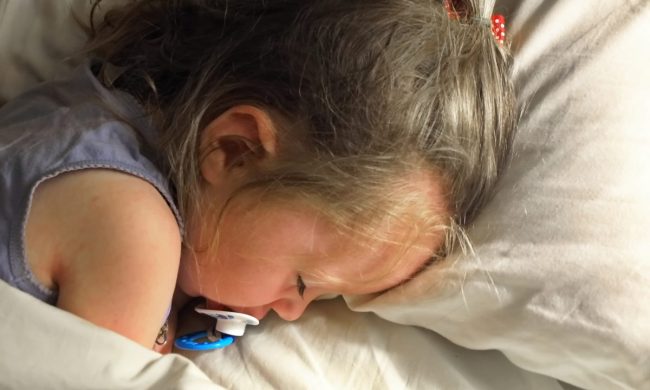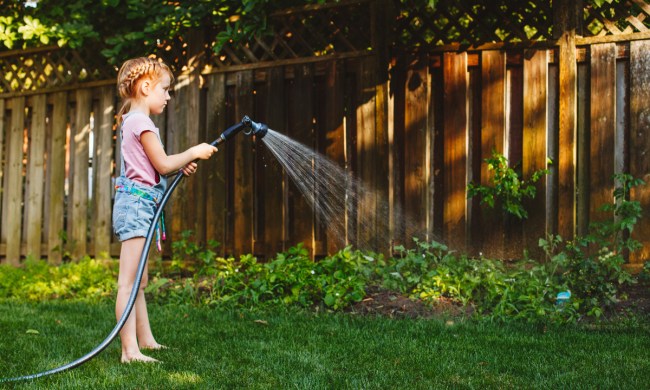This country has seen varying degrees of school closures and reopening during this past year. Still, many families opted for remote learning as an added precaution during the pandemic. Now with more schools and programs reopening, more children will be away from home following a long break.
With this nationwide reopening at hand, you’re not alone in wondering how to help kids adjust to school after an unprecedented year. For this situation, knowledge is power, and the more information you have, the more prepared you and your family will be once the school year begins.

Familiar faces help with adapting to school after remote learning
Young children are suspicious of strangers and aspire to stay close to familiar, trusted caregivers. Therefore, you might explain to them that teachers and school staff will also look after their best interests.
One way to remove the element of the unknown is to visit the school that your child will be attending—even if it’s the same one they attended before the pandemic. Also, here are some other ideas for introducing your child to the people who will be facilitating the adjustment to school after remote learning:
- Attend the school’s open house or kick-off event
- Introduce your child to his or her teacher
- Meet with the other staff like the principal, nurse, secretary, and counselor
Meeting with the adults helps ward off any anxiety that comes with transitioning into a new school year.
How to help kids adjust to a school routine again
After a long period of studying and working from home, some morning routines might not be as streamlined as they used to be. In fact, you might wonder how to help kids adjust to school while you’re still trying to adjust going back to the office. To help your children with getting back into the school routine, create a daily to-do list and backpack checklist with them, to make sure no essentials are left behind. Be sure to check for their books and homework as well as pack lunches the night before. Additionally, if the school has issued laptops or other devices, you’ll need to help your child ensure that they are completely charged.
Establishing a consistent routine will give your kids an added sense of security that everything will be fine, and there are still some aspects of life prior to the pandemic that pertain to the here-and-now.
Set realistic milestones during those first weeks
If your children are anxious about going back to in-person schooling, creating specific, manageable but small goals can be of great help. Adjusting to school after remote learning and having to follow the daily class procedures can be quite hard, especially when they have been out of it for a year and a half. To lessen the stress that might come with this transition, encourage them to communicate openly with teachers, reconnect with friends, and enjoy the in-person interaction.
Modify your own habits and ask for help
While helping your children is your main priority, making some modifications on your side also helps with flexibility. For instance, you might consider connecting with parents whose children are in the same program as yours. They can provide you with a lot of information on how they act with their children and make them more comfortable.
Additionally, ask their teachers for some insight on the best way to separate from them in the morning (brief goodbyes tend to be the best). Last, but not least, you can consult with your pediatrician about finding resources to help promote resilience and reduce anxiety.

Remember that the world is different now
The pandemic increased the worry, fear, and stress in many family circles. And while you, as a parent, are standing at the front lines, please know that you are not alone. Many educational programs and schools can help your children through the promotion of emotional and social learning.
Understandably, the transition from home to school for some children can be a challenge. Nonetheless, many teachers and paraprofessionals are there to help them with that transition, all while making connections and setting up new habits. With the proper support, your children will not just adjust to their new program but gain new friends, discover new things, and thrive in their school environment.



